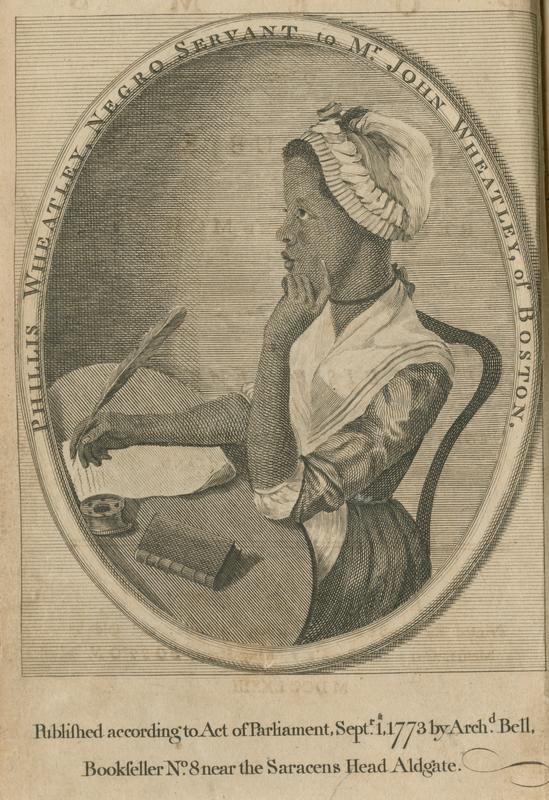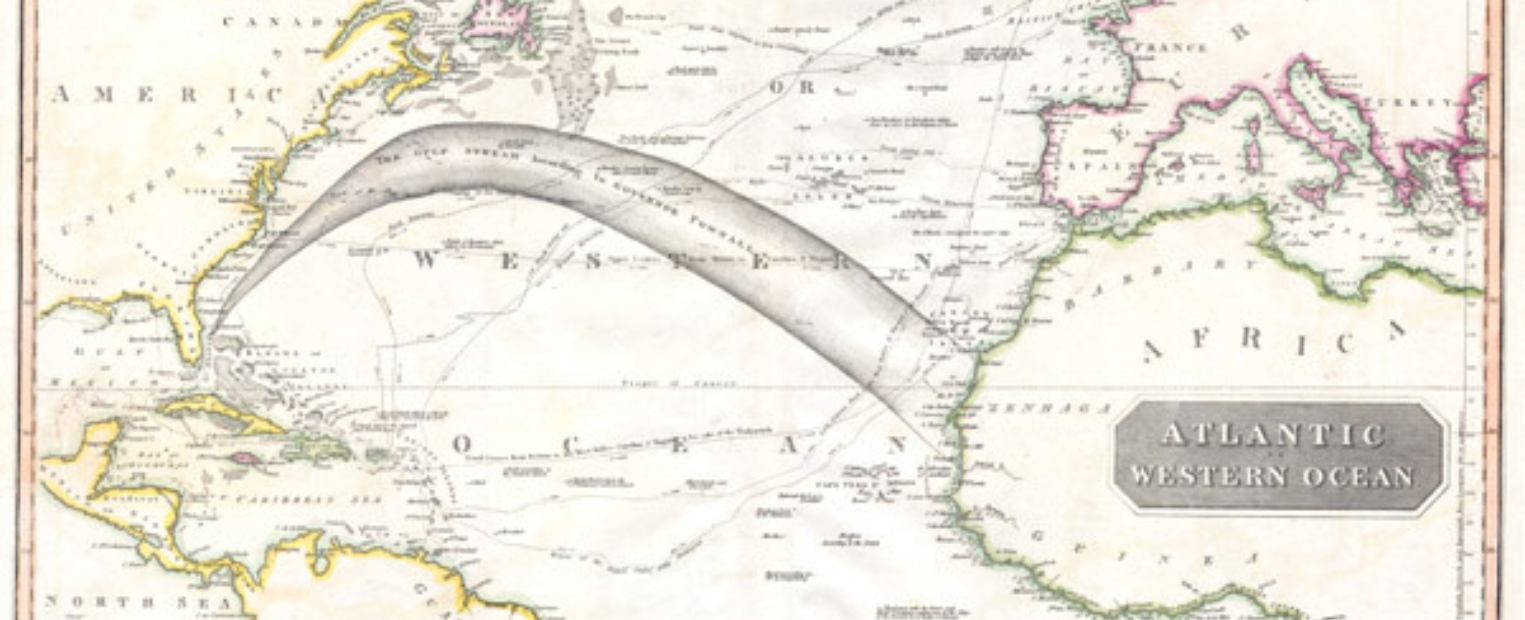 AddRan College of Liberal Arts and the University of Georgia (UGA) are midway through
a year-long collaborative project celebrating the 250th anniversary of the publication
of Phillis Wheatley Peters’ book of poems in 1773, a milestone in the history of African
American and transatlantic literature. “The Genius of Phillis Wheatley Peters: A Poet and Her Legacies” partnership project honors the work and legacy of Peters, the first published African
American poet. The project has attracted scholars from across the world and media
attention from outlets such as the Boston Globe.
AddRan College of Liberal Arts and the University of Georgia (UGA) are midway through
a year-long collaborative project celebrating the 250th anniversary of the publication
of Phillis Wheatley Peters’ book of poems in 1773, a milestone in the history of African
American and transatlantic literature. “The Genius of Phillis Wheatley Peters: A Poet and Her Legacies” partnership project honors the work and legacy of Peters, the first published African
American poet. The project has attracted scholars from across the world and media
attention from outlets such as the Boston Globe.
“An important impetus for the project is that Phillis Wheatley Peters (her poetry, her life and her legacy) provides a powerful opportunity to explore complex historical and current issues via humanistic inquiry approaches, both in the classroom and beyond,” said project co-director and Lorraine Sherley Professor of Literature Sarah Ruffing Robbins, Ph.D.
About the Project
“The Genius of Phillis Wheatley Peters” is co-led by Robbins and Mona Narain, Ph.D., of AddRan’s English department and Barbara McCaskill, Ph.D. and Susan Rosenbaum, Ph.D. of UGA’s English department. The project features numerous in-person events throughout 2023 in both Fort Worth and Athens, Georgia, as well as virtual events that are open to the general public.
“This project is doing what’s now dubbed ‘public humanities’ work,” explains Robbins. “Broadly speaking, public humanities draw on knowledge in humanities fields like literature, history and literary history to explore ‘big picture’ ideas and social questions with diverse audiences.”
When exploring the project’s website or attending an event, audiences should expect to:
- Learn in action and participate in a collaborative way
- Appreciate previously built knowledge and have fun learning in a communal way
- Be inspired by Phillis Wheatley Peters’ writings and life, and the many ways artists, scholars and teachers are extending her legacy from new poetry to plays and books about her and her life
- Contribute to the stewardship of culture today and for future generations
“I think this is an emerging, powerful example of why the humanities are both important and generative,” said Robbins. “This project demonstrates ways that universities can contribute to public work beyond the classroom, engage in rich intellectual and social partnerships, bring together people from many different backgrounds and generate vital new knowledge.”
Learning Through Collaboration
The project’s website lists over 40 contributors from TCU and UGA and will be updated throughout 2023 with upcoming events, scholarships, teaching resources and general-interest stories. Adrienne Stallings ’23, an AddRan alum who recently graduated summa cum laude with a B.A. in English, B.A. in Writing and minors in Chinese and digital culture and analytics, created the website.
“Professor Robbins approached me to create a site that would serve as a central hub. We aimed for this project to have an international engagement,” said Stallings. “Because this is a collaboration between two universities in separate states, it was imperative that we had a place to make our events and projects as accessible to as wide of an audience as possible.”
“This project gives our students opportunities to learn by doing,” said Robbins. "It’s an example of learning that is grounded in the humanities fields, but also learning skills such as critical thinking, communicating with diverse audiences and producing accessible stories that share knowledge.”
“This experience gave me insight on how to organize a research initiative on an international scale,” said Stallings. “We’ve had some scholars reach out to us on their own, saying that they’ve heard about it through the grapevine, and that’s incredible to me because I know I personally hadn’t anticipated exactly how much it would grow. Something that I will take away from this project is to never underestimate your skills when you’re starting a project, because it has the potential to grow in ways that you’ve never imagined.”
About Phillis Wheatley Peters
After being forcibly removed from her African homeland in 1761, Peters was sold into slavery to John Wheatley, a New England merchant. She learned to read and write, and the Wheatleys sought publication for her writings and poems. Unable to find sponsorship in the United States, they published Peters’ “Poems on Various Subjects, Religious and Moral” in London in 1773.
